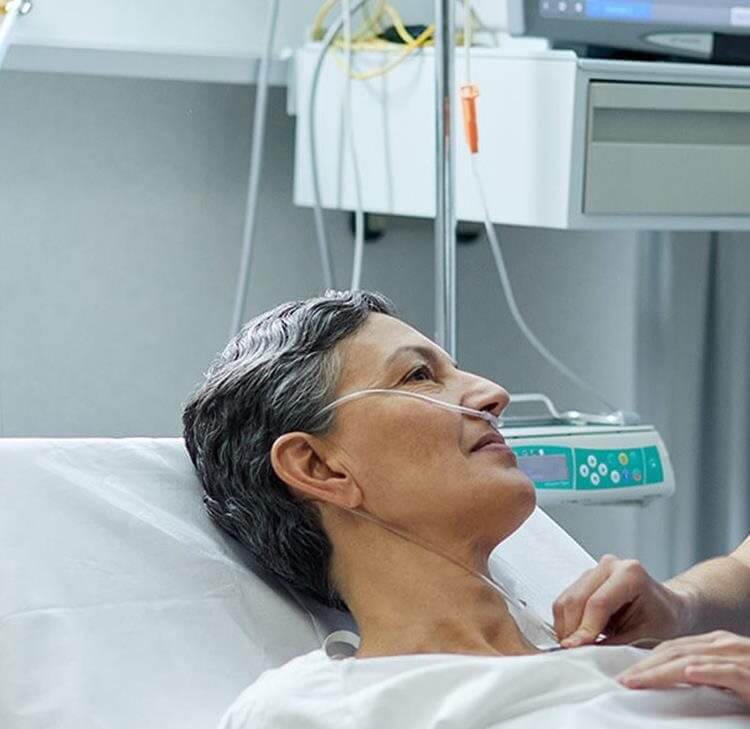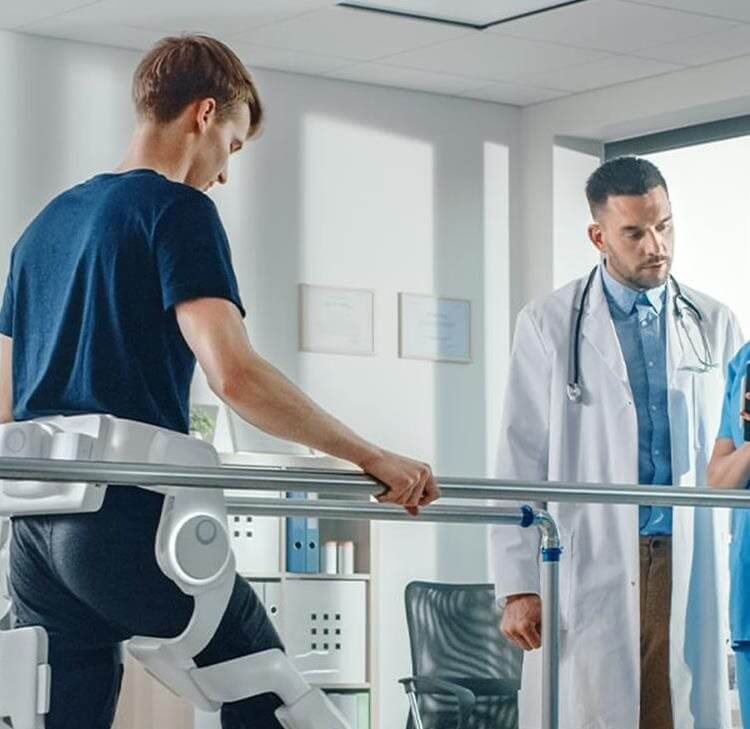The Government has published a response to the public consultation it held in relation to “Coronial investigations of still births”. The consultation, prompted by calls from bereaved parents for a more transparent and independent process for determining the cause of and learning lessons from stillbirths, sought views on proposals for introducing coronial investigations of stillbirth cases in England and Wales.
The findings of the consultation were complex and highlighted mixed views around whether coroners should have a role in stillbirth investigations. Some of the respondents to the consultation were supportive of coroners having a role in stillbirth investigations, while some had concerns about the way such investigations would be carried out.
The Government first announced its intention to consider whether and how coroners could investigate stillborn babies at term in November 2017. The public consultation, which ran in 2019 and was published by the Ministry of Justice and Department of Health and Social care on 26 March 2019 aimed to do the following:
- bring greater independence to the way stillbirths are investigated
- ensure transparency and enhance the involvement of bereaved parents in stillbirth investigation processes, including in the development of recommendations aimed at improving maternity care
- effectively disseminate learning from investigations across the health system to help prevent future avoidable stillbirths
Consultation responses – overview of findings
The consultation received 334 responses including families who have experienced stillbirth and shared their personal experiences. Out of those 334 responses, the consultation received 142 responses from bereaved families. In response to the question “Do you think coroners should have a role in investigating stillbirths?” 244 out of 322 respondents answered ‘yes’.
Some of those who were supportive of the proposal for coroners to have a role in investigating stillbirths did not agree with the proposed way in which coroners would conduct their investigations. Concerns raised included issues surrounding consent, the length of the inquest process, the public nature of inquests and the loss of parental control as to whether a post-mortem examination would take place.
Other key issues raised by respondents included:
- the potential duplication of investigations run by coroners and other maternity investigations
- resourcing of coronial and paediatric pathology services (and other clinical staff)
- the potential for findings to be inconclusive
- the role of coroners in identifying and disseminating clinical learning points
Respondents also raised concerns that in many cases, it may be difficult to establish how a stillbirth occurred and that the process could give false hope to bereaved parents that answers could be found.
The response highlighted that although some bereaved parents have been satisfied with how NHS services are reviewed and have investigated the causes of stillbirths, concerns have been raised about the inconsistency and independence of those investigations. One bereaved family said that it is “important for parents to feel completely confident that the investigation is run by someone completely unbiased and impartial, especially when there is concern there may have been substandard care.”
The response highlighted the various tools in place, such as the Saving Babies Lives Care Bundle that was introduced in 2016 (and revised in 2019) which specifically focusses on pre-term stillbirth prevention and that in 2016 and 2017, the Department of Health and Social Care(DHSC ) published an action plan and a refreshed maternity strategy with input from clinical and academic experts. Some respondents, including an obstetrician, suggested that other investigation processes such as Perinatal Mortality Review Tool and the Maternity and Newborn Safety Investigations programme are already in place and are meeting policy objectives.
The responses highlighted that although some acknowledged that coroners could deliver on this, there was no consensus on how they would do so and there was opposition from some to the specific proposals put forward by the government.
Suggestions from respondents also included that coroners should not only ascertain who the mother of the stillborn baby is but the father too, in order to provide equality and inclusivity for fathers, identify genetic issues linked to the stillbirth and avoid the sole focus being on mothers who feel they are to blame.
What next?
The DHSC and the Ministry of Justice will work together to explore the issues raised by consultees. After consideration, a further statement will be issued that sets out whether and, if so, how coroners will investigate stillbirths.
The findings of this consultation, and the fact that this consultation was launched appears to be a positive step in terms of assisting bereaved families who have experienced stillbirth to obtain answers to determine the cause of, and learning from, stillbirths. It shows that the government recognises that the loss of a baby has a significant impact on parents lives and that they are taking an active approach to consider the appropriate steps in investigating the tragic circumstances of stillbirth.
Key contact

Mark Hickson
Head of Business Development
onlineteaminbox@brownejacobson.com
+44 (0)370 270 6000









![Contractual liability for all inclusive treatment: Bartolomucci v Circle Health Group Limited [2025]](/getattachment/95f9533b-f99c-4fcc-b8d5-3f93904b8242/shutterstock_1265400856.jpg?variant=HeroImageTabletVariantDefinition)































